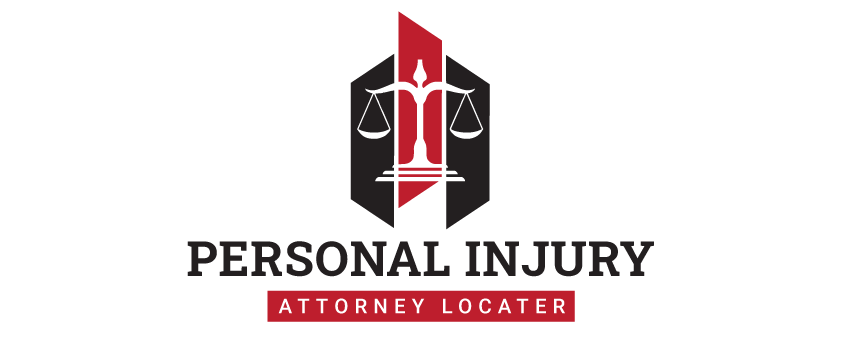How to File a Personal Injury Lawsuit
0If you or a family member has been injured in an accident, you may be eligible for compensation. A personal injury lawsuit seeks to recover damages for medical expenses, lost wages and pain and suffering caused by the incident.
Personal injury cases involve a complex web of laws. No two cases are alike, so the steps that must be taken depend on each individual.
Negligence
Negligence is a legal concept that helps victims obtain compensation for injuries caused by another’s carelessness. It’s used in various instances, such as motor vehicle accidents and product liability claims.
To prove negligence, a plaintiff must show that the defendant owed them a duty of care and breached it. Furthermore, they must demonstrate how this breach caused their injuries.
Causing is the legal concept that describes the connection between a defendant’s negligent acts and your injuries. To establish causation, courts require evidence showing a causal link between their conduct and your harm – known as “proximate cause.”
Once you establish this, you may be entitled to damages for all your losses – medical costs, lost wages, property damage and pain and suffering included.
Damages
In the event that you were injured in a car accident, medical malpractice case, or any other circumstance, the law allows for legal recourse to sue the responsible party for damages. Damages are financial compensation awarded by a court to make you whole again after your injury.
Compensatory damages are the most common type of financial relief awarded in personal injury lawsuits. They compensate the plaintiff for any losses that were caused by another party’s negligence, such as pain and suffering or loss of enjoyment.
Economic damages, also referred to as special damages, are a type of compensatory damage. They encompass expenses like medical bills, lost wages and rehabilitation costs.
Other damages in a personal injury case include pain and suffering and emotional distress. Although these are more difficult to assess, they can have an immense effect on a victim’s quality of life. Furthermore, some states award damages to spouses who experience loss of consortium due to their partner’s injuries.
Statute of Limitations
When you are injured, it is essential to know the statute of limitations for your case. Failure to file within this time period could result in dismissing your claim, leaving you without compensation for losses suffered.
The statute of limitations is a legal deadline for filing your personal injury lawsuit that varies by state and type of claim. Additionally, it’s important to remember that there are exceptions to this standard rule.
In Tennessee, for instance, the statute of limitations is only one year from when you experienced your accident. This is one of the shortest timelines in America and if you don’t file your lawsuit within this period of time, then it won’t be valid.
The statute of limitations is essential in personal injury cases, ensuring that justice is served and plaintiffs take action promptly after an accident to protect their rights.
Hire an Attorney
If you need legal assistance with personal injury cases, an experienced attorney is essential. Doing it on your own can be too complex and overwhelming for anyone to manage successfully.
You will require someone to communicate with the insurance companies and complete all paperwork. They can also address any queries or worries that arise.
Your personal injury lawyer can also connect you with medical specialists that will aid in recovery from your injuries. These doctors will be able to treat you and testify in court if the case goes to trial.
Personal injury attorneys possess a great deal of expertise when it comes to handling these types of cases. They will know how to get you the compensation that is owed and can guide you through the process so that it goes as smoothly as possible for you.

